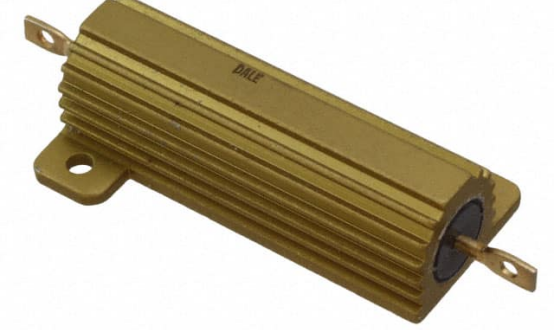Remember that chip resistors are a crucial part of electronics before choosing the ideal ones for your project. In this blog, you will discover how a chip resistor works, why users should use one in their projects, and what to look for when selecting a chip resistor.
What a chip resistor does
An essential tool for physics and electronics activities is a chip resistor. Despite coming in a variety of shapes and sizes, they all have the same basic function. Many small wires organized in a certain configuration make up a chip resistor. When you connect the wires to your project, the resistance between them creates a voltage. Depending on how much current is passing through your circuit, you can use this voltage to either monitor it or modify how much current is being sent through it.
Use GFOOKIC chip resistors because…
For outstanding projects, GFOOKIC chip resistors are a fantastic choice. Here are some justifications:
- There are several applications for chip resistors. They can sustain a range of weights and are adaptable to various jobs.
- Chip resistors are inexpensive. They often cost less than traditional resistors.
- The resistance on chip longevity. They often live longer than standard resistors and could be able to withstand larger loads without failing.
- Reliable chip resistors are available. They often have precise tolerances, so they won’t need to be altered to meet the project’s requirements.
What to consider while choosing a chip resistor
When choosing a chip resistor, there are a few things to consider. The resistor’s wattage, voltage tolerance, and size are a few of these variables.
- Wattage is important to consider when choosing a chip resistor since it influences how much power the resistor can tolerate.
- Voltage tolerance is also very important when choosing a chip resistor. This illustrates the voltage range that the chip resistor can handle. Make sure the chip resistor you chose has a voltage tolerance that falls within the required range.
- Lastly, make sure the chip resistor you choose is the right size for your project. Since chip resistors come in a range of shapes and sizes, it’s important to know what kind of size you need before making a purchase.
Conclusion
We reviewed the principles of chip resistors in this article and offered some suggestions on how to choose the best one for the specific project and requirements. Customers should be able to significantly narrow down their selections and choose the best resistor for their needs using this information.






